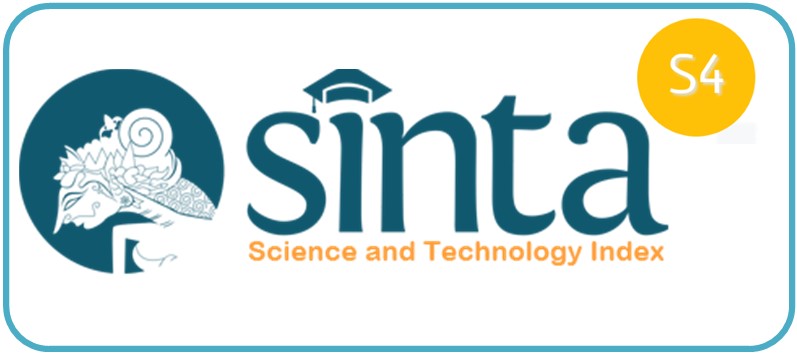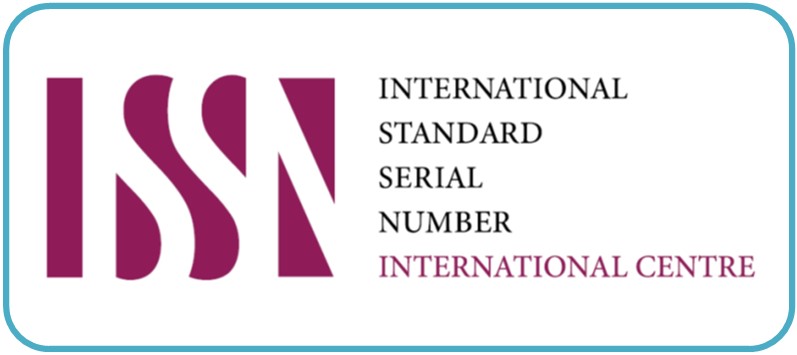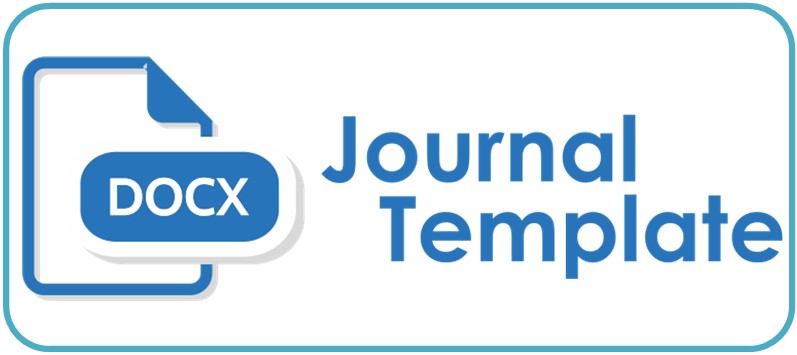MEDIATISASI HUBUNGAN PENDIDIKAN ISLAM DALAM KELUARGA PADA ERA DIGITAL (PERSPEKTIF AL-QURAN SURAT LUQMAN AYAT 12-19)
Abstract
Technological advances that continue to develop have a negative and positive affect on the world of Islamic education in the family. Previously, conversations could only be done person to person, but now it can be done online. As a result, families have to race against the media, which is difficult to control. The methods the authors used in this research is qualitative through a literature study research model that uses research data sources from documents in the form of books, scientific articles, reviews or previous research results. The study of Luqman's letter verses 12-19 was carried out as a way to sharpen the discussion regarding the relationship between Islamic education and the role of the family in facing the digital era. Based on Luqman's letter, verses 12-19, there are several values of Islamic education that need to be applied in the digital era, namely: monotheism, morality, worship (ubudiyah), social, mental and exemplary. The steps for planting education include; First, the cultivation of faith or faith education. Second, religious education such as prayer, fasting and reading the Koran. Third, moral education. The development of the digital era still places parents as the main actors in providing Islamic education in the family. The development of the digital era requires parents to consistently maintain their children's nature, instill faith, straighten and motivate children, and provide good information. So, no matter how strong the current, the child will remain strong and not fall into bad things.
Downloads
References
Astuti Dwiningrum, Siti Irene. 2011. Desentralisasi dan Partisipasi Masyarakat dalam Pendidikan: Suatu Kajian Teoritis dan Empirik. Yogyakarta: Pustaka Pelajar
Arifi, Ahmad. 2010. Politik Pendidikan Islam Menelusuri Ideologi dan Aktualisasi Pendidikan Islam di Tengah Arus Globalisasi. Yogyakarta: Teras
Barizi, Ahmad. 2011. Pendidikan Integratif Akar Tradisi & Integrasi Keilmuan Pendidikan Islam, Malang: UIN-Maliki Press
Labaso Syahrial. Konsep Pendidikan Keluarga Dalam Perspektif AL-Qur’an dan Hadis. Jurnal Pendidikan Agama Islam. Vol.XV. No 1. Juni 2018.
Lestari, S. dan Ngatini. 2010. Pendidikan Islam Kontekstual. cet ke Yogyakarta: Pustaka Pelajar
Musfah, Jejen. 2012. Pendidikan Holistik: Pendekatan Lintas Perspektif. Jakarta: Kencana
Nuryadin, Strategi Pendidikan Islam di Era
Digital, Fitrah Jurnal Kajian Ilmu-Ilmu Keislaman, Vol. 03, No. 1 Juni 2017
Suryadi, Ace. 2014. Pendidikan Indonesia Menuju 2025; Outlook: Permasalahan, Tantangan & Alternatif Kebijakan. Cet Ke-1. Bandung, Remaja Rosdakarya
Trisnawati, Wahyu dan Sugito. Pendidikan Anak dalam Keluarga Era Covid-19. Jurnal Obsesi: Jurnal Pendidikan Anak Usia Dini. Vol. 5 No. 1. 2021. hlm. 824
Uno, Hamzah B. dan Lamatenggo, Nina. 2011. Teknologi Komunikasi dan Informasi Pembelajaran. Cet Ke 2. Jakarta: Bumi Aksara
Yunita, Nurma dan Latifa Irsal, Irni. Komunikasi Dalam Pendidikan Anak (Analisis Qs Luqman Ayat 12-19). Paramurobi: Jurnal Pendidikan Agama Islam. Vol 4, No.2 Juli-Desember 2022.
Wuryanto, AG. Eka Wenats digitalisasi masyarakat: menilik kekuatan dan kelemahan era infromasi digital dan masyarakat. Jurnal komunikasi, Vol 1, No.2

This work is licensed under a Creative Commons Attribution-ShareAlike 4.0 International License.
Copyright Notice
1. Authors retain copyright and grant the journal right of first publication with the work simultaneously licensed under a Creative Commons Attribution License (CC BY-SA 4.0) that allows others to share (copy and redistribute the material in any medium or format), and adapt (remix, transform, and build upon the material) the work for any purpose, even commercially with an acknowledgement of the work's authorship and initial publication in this journal.
2. Authors are able to enter into separate, additional contractual arrangements for the non-exclusive distribution of the journal's published version of the work (e.g., post it to an institutional repository or publish it in a book), with an acknowledgement of its initial publication in this journal.
3. Authors are permitted and encouraged to post their work online (e.g., in institutional repositories or on their website) prior to and during the submission process, as it can lead to productive exchanges, as well as earlier and greater citation of published work (See The Effect of Open Access).








